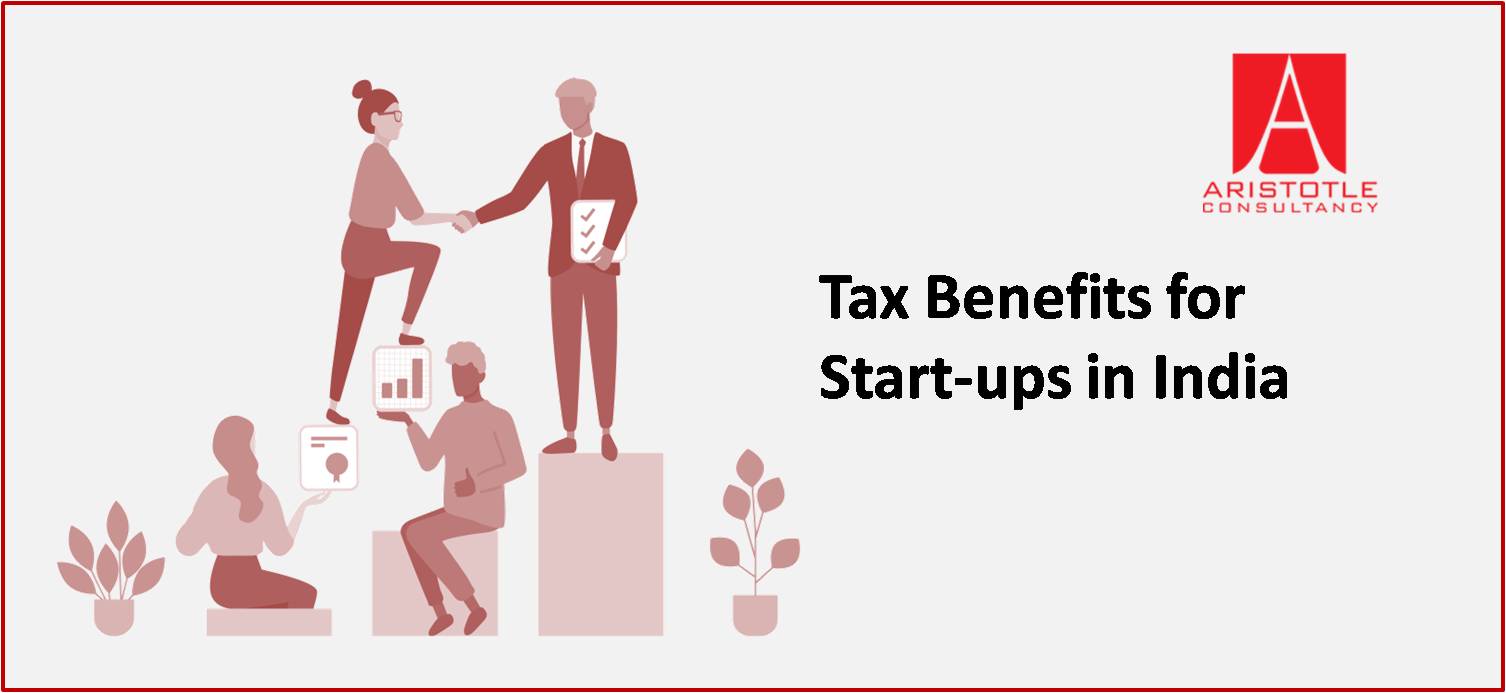Prime Minister Narendra Modi announced the Startup India program in 2016 to boost entrepreneurship in India. The. Primary objective was to promote bank financing for startups, simplify the process of incorporation of the startup and to provide various tax exemptions and other benefits to startups.
These benefits and exemptions are only available if the startups are eligible as per the criteria set by the government which are as under.
Eligibility for Startup India Program
A startup should fulfill the followings conditions in order to be eligible as Startup:
• The business does not have the vintage of more than ten years from the date of incorporation/registration.
• The business is registered as a private limited company or as a limited liability partnership or as a partnership firm.
• The annual turnover of the business should not exceed Rs. 100 Cr. in any of the financial year since its inception.
• The business is involved in innovation, development or improvement of products or processes or services. If the business is scalable with potential of high employment generation or wealth creation.
• The new business has not been formed by bifurcating a running business already in existence.
Tax benefits under Startup India Program
Following tax exemptions have been allowed to eligible startups:
Tax holiday for three in a block of seven years
A 100% tax rebate on profits for three years in a block of seven years was allowed for the startups incorporated between 1st April, 2016 and 31st March 2022. The annual turnover should not cross Rs.25 crores in any financial year. This scheme was offered to help the startups to meet the requirements of their working capital during initial years of operation.
Exemption from Long-term Capital Gains Tax
A new section 54 EE was introduced in the Income Tax Act. Tax on a long-term capital gain is exempted for eligible startups if such long-term capital gains or a part thereof is invested funds as notified by the Government of India within six months from the date of transfer of the asset.
The maximum amount allowed to be invested such funds is Rs 50 lakh provided this amount remains invested for a period of three years within six months of such gains arises. If the funds are withdrawn before three years from the date of investing the exemption would be revoked in the year in which the investment is diluted.
Tax exemption on Investments Above the Fair Market Value
Taxes to be levied on investments made above the fair market value are exempted provided such investments are made by family, resident angel investors, incubators or funds not registered as venture capital funds.
Tax Exemption to Individual/HUF from long-term capital gain in equity shares
Section 54GB allows tax exemption on long-term capital gains if such LTCG gained from the sale of a residential property are invested in SMEs as defined under the Micro, Small and Medium Enterprises Act, 2006. Now this section has included the investments made by an individual or an HUF for exemption if made in eligible start-ups also provided such equity is not sold or transferred within five years from the date of its purchase.
The startups also must use such amount to acquire assets and should not transfer such assets within five years from the date of its purchase.
Set off of carry forward losses and capital gains
An eligible startup can carry forward the losses if all the shareholders with voting power of such company own the shares on the last day of the year in which the losses were incurred continue to own the shares on the last day of the year in which such losses are to be carried forward. Previous restriction of holding 51% of the voting rights remaining unchanged under Section 79 for eligible start-ups has been relaxed.






